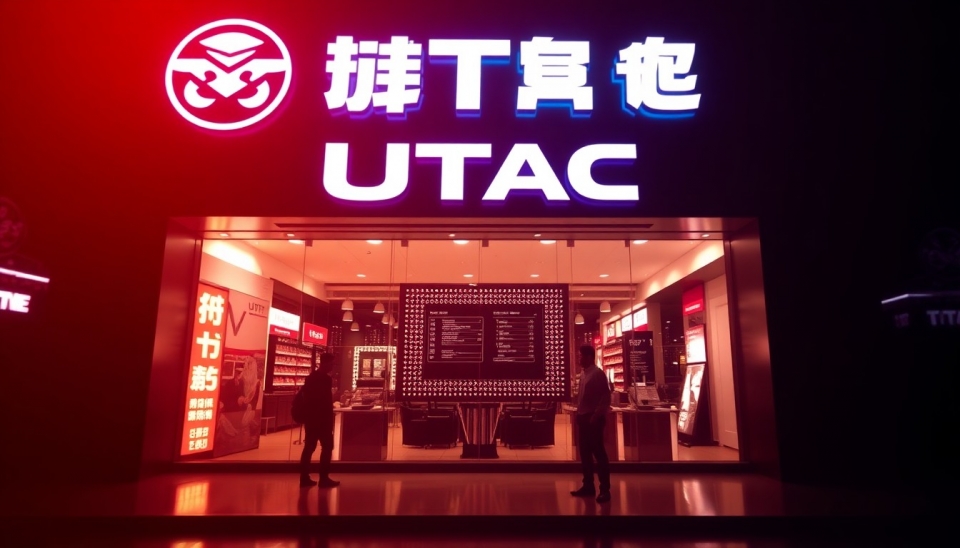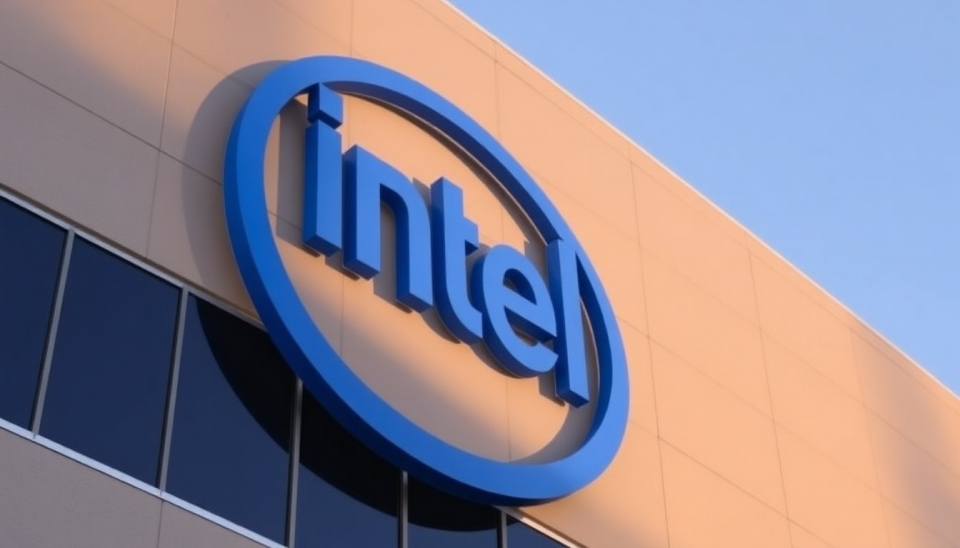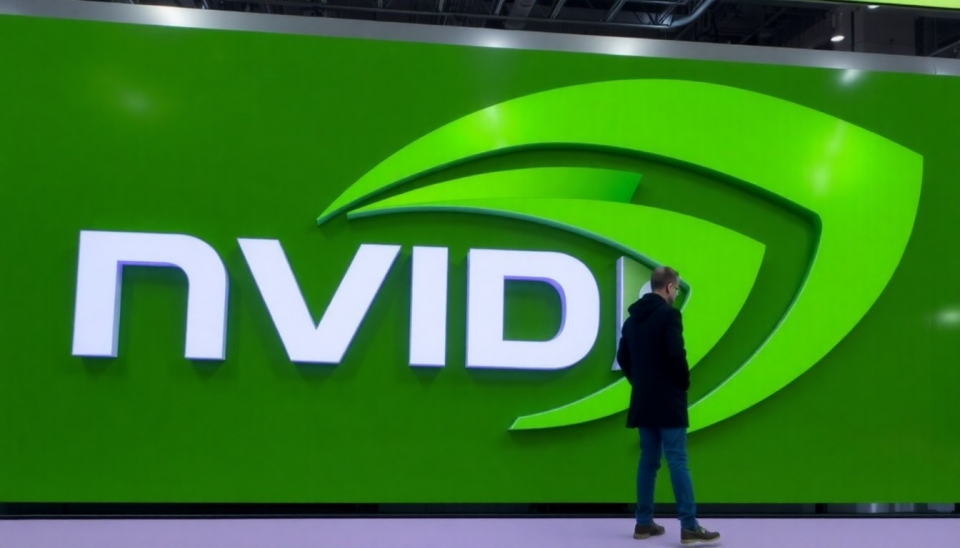
The semiconductor industry is making a significant push for financial backing from Germany, with companies flooding the nation with requests for approximately $6 billion in subsidies. This move is part of a broader strategy to establish a more potent manufacturing presence within Europe and to reduce dependency on Asian suppliers.
As governments worldwide grapple with the global chip shortage exacerbated by the pandemic, investments in semiconductor production have become a priority. In response to this demand, Germany is seen as a strategic hub for chip manufacturing, promising a conducive environment through various incentives and support systems aimed at bolstering local production. The recent surge in subsidy requests underscores the urgency and competitive nature of the semiconductor landscape.
The German government has been proactive in addressing this burgeoning interest from chip companies. The Economic Ministry announced that it has received multiple proposals from major players in the semiconductor sector, highlighting the nation’s attractiveness as a destination for investment. With the EU implementing stringent regulations aimed at strengthening semiconductor production, Germany's landscape is increasingly appealing to manufacturers seeking to capitalize on local demand and reduce supply chain vulnerabilities.
Industry leaders believe that bolstering local chip production is vital for Europe's technological sovereignty, especially as geopolitical tensions continue to reshape global trade dynamics. By securing these subsidies, companies aim to enhance their production capabilities and technological advancements, ensuring that Europe has a seat at the table in the global semiconductor industry.
This influx of requests inherently brings about challenges and considerations for the German government. Proper allocation of subsidies, transparency in the process, and ensuring that these funds lead to long-term job creation and technological advancement are key to the successful execution of this initiative. Additionally, balancing geopolitical influences and fostering innovation while mitigating risks associated with over-reliance on external suppliers will be a delicate task for government officials.
With billions on the line, the commitment from these semiconductor companies reflects their confidence in Germany's potential as a central player in the upcoming tech landscape. As the competition heats up, the stakes continue to rise, potentially influencing the future direction of the global semiconductor supply chain.
As the situation evolves, industry watchers and stakeholders remain keenly attentive to the decisions made by the German government and the potential impact on the broader European tech ecosystem. This development not only highlights the strategic importance of semiconductors but also sets the stage for a new era of competition and collaboration in the tech industry.
#Semiconductors #Germany #TechInvestment #Manufacturing #ChipIndustry #EU #SubsidyRequests
Author: Liam Carter



